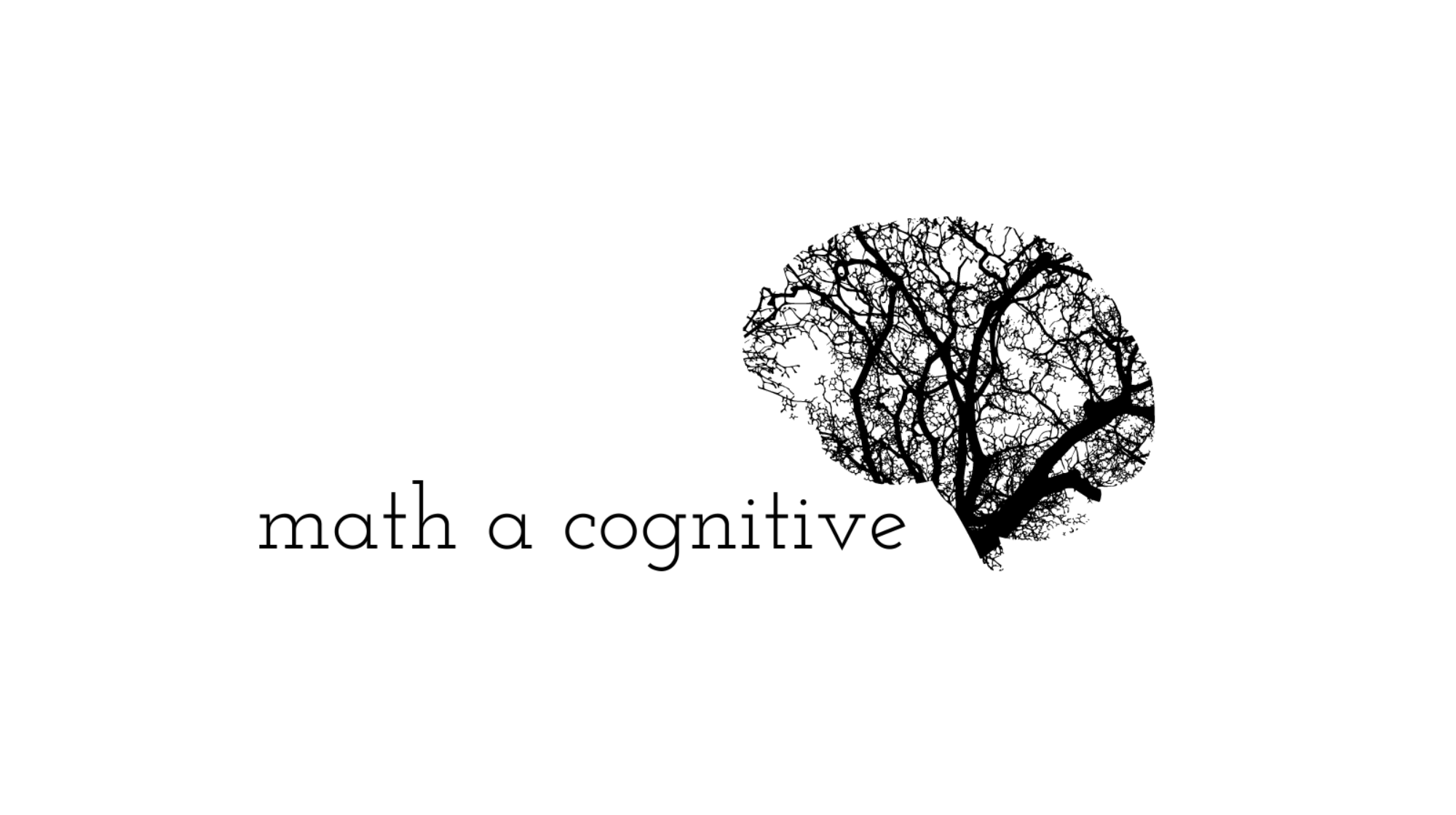As we switch to distance learning, there’s a lot of (good, important, helpful) thinking and talking about platforms and access to the internet and designing for digital learning; there is talk about equity for those with less robust hardware or bandwidth or technical skills; and for folks with disabilities or limited English. There is talk about priorities and expectations and taking care of ourselves.
These are real.
I’m glad we’re having these conversations. (We need to have more of them. )
And, as I am thinking about helping my students learn remotely, I am wishing we were talking more about the ability to learn (largely) independently.
Online learning takes screens and wifi, and it takes being able to focus (especially when all of the kids are home and everyone is stuck inside) and it takes being able to make choices and plan your time (when all the schedules have been altered) and pace yourself; and to motivate yourself (when you’re also worried about the news and your job and your kids). It takes being able to persevere when it gets hard and there’s no one around to ask for help.

I’ll be honest: I’m dealing with moments of worry, and frustration, and discouragement, and worry (again) for my students and our attempts at distance learning.
But, I’m also taking it as a lesson: this matters.
I’ve always thought independent learning would matter for homework, or for college, but we are learning that it also matters for our resilience and flexibility in the face of the completely unexpected.
I don’t have all the answers, but I spent some time adapting the tools I do have to online learning. I hope they help you and your students navigate this transition, and learn, and grow, and maybe emerge a little stronger on the other side.
Distance Learning Resources
Brain based Learning: Teaching our students the research on how to learn/study effectively
- Free Distance Learning Lesson
- Free Classroom Based Lesson
- Learning Strategies Lesson Sketch
- Resource Link: The Learning Scientists
Stuck Strategies: Helping our students identify strategies to respond productively to moments of struggle
- Distance Learning Activity: Data, observation and reflection in Google Forms
- Classroom-based Lesson including four math skills (PDF or Google Drive Materials
- Bundle: Distance Learning + Classroom Based + Student Handout
- Free Student Handout
- Online Infographic
- Stuck Strategies Lesson Sketch + a teachers’ reflection
Dear Me/Teacher/Classmates, Please Remember… Helping out students share and reflect on what’s important for their learning
Independent Learning Log: Helping our students track and share their progress
- Google Drive Bundle: Independent Learning Log
- Free! Metacognitive Log Planning Guide
- How class logs can support metacogniton
- Using logs with a flexible homework system
Traffic Light Check In: Helping our students evaluate and describe their learning progress
- Free! Distance Learning: Online Form or TPT
- Free! Printable PDF Version
- How this resource evolved
- Resource Link: Strategies for teaching metacognition in classrooms (Brookings)
Psst! All of my distance learning (plus some of my favorite independent learning) resources are free or discounted April 6-9th.
